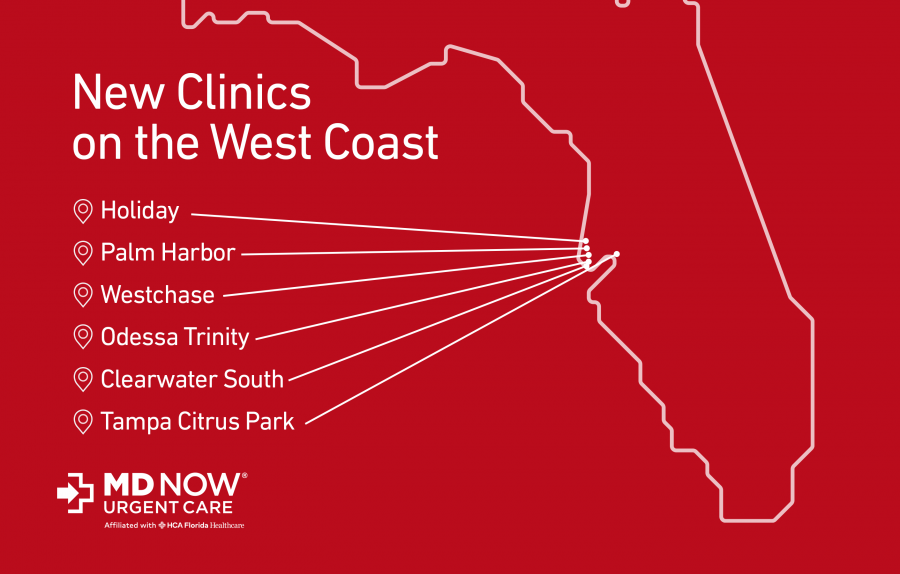
Welcome to MD Now
Paramount urgent care has become MD Now urgent care. Affiliated with HCA Florida Healthcare, MD Now is Florida’s largest urgent care provider. Our physician-led team will continue to provide the high-quality care you’ve come to trust.


